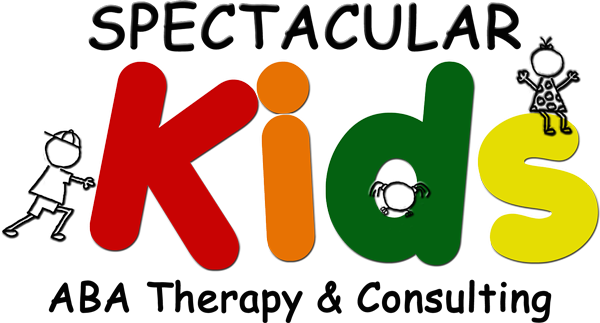Understanding the Early Signs of Autism in Your Children
As a parent, being informed about your child's developmental milestones is crucial for ensuring their well-being. Autism Spectrum Disorder (ASD) is a developmental condition that affects communication and behavior, and recognizing its early signs can greatly enhance a child's developmental trajectory. According to the CDC, autism spectrum disorder is roughly four times more likely to be identified and diagnosed in boys than in girls. This statistic emphasizes the importance of careful observation and understanding that girls might show different or less noticeable signs. Identifying signs early provides an opportunity for early intervention and ABA therapy, which is shown to improve learning, communication, and social skills. Here's what you need to know about the early indicators of autism in children.
Communication Skills
Children with autism often exhibit delayed communication skills. These delays can vary from a lack of babbling in infants to the inability to form words by certain developmental milestones. Experts have found that parents may also notice a lack of eye contact or responsiveness to their name by 12 months. Not all children with autism show the same signs, but consistent challenges in communication are worth discussing with a pediatrician.
Social Interactions
Social interaction is another area where signs of autism might manifest. Children with ASD may prefer solitary play or show limited interest in engaging with peers. Other signs may include difficulty in sharing interest with others or recognizing and understanding nonverbal cues from other individuals. It is important to bring up these and similar symptoms with your pediatrician to determine if testing is needed.
Repetitive Behaviors
Repetitive behaviors and restricted interests are also significant indicators of autism. These can include repetitive movements such as hand-flapping, rocking, or a persistent focus on specific objects or topics. Additionally, some children might show resistance to changes in their routine or environment, which can lead to distress. Observing these patterns can help in distinguishing them from typical childhood behaviors and addressing any concerns with healthcare providers.
Understanding the early signs of autism can equip parents and caregivers with the tools needed to seek early interventions and ABA therapy that can significantly enhance a child's life. While each child is unique in their development, being observant of your child's communication, social, and behavioral patterns is crucial. If you notice any potential signs of autism, consult a developmental specialist who can offer guidance and assessments to determine the best path forward for your child. Early action not only supports your child's development but also provides the community and resources you need to support them on their journey. Reach out to Spectacular Kids ABA Therapy and Consulting today to learn more!
Leave Your Comment
Recent Posts
NEED MORE INFO?
If your child was diagnosed with Autism Spectrum Disorder, find out how ABA Therapy might be able to help your family.

Our experienced team strives to offer a creative and engaging environment and the opportunity for children to learn, grow, and thrive.
Newsletter Subscription
We will get back to you as soon as possible.
Please try again later.
Quick Links
Our Contacts
Kingwood, TX: 2665 Royal Forest Dr., Suite B200, Kingwood, Texas, 77339
Missouri City, TX: 7435 Highway 6, Suite F, Missouri City, TX, 77459
Ph: (281) 713-8980
Email: [email protected]
Business Hours: Monday - Friday 8:00 a.m. - 5:00 p.m.

All Rights Reserved | Spectacular Kids ABA Therapy and Consulting, LLC | Website Design by True Digital Marketing





